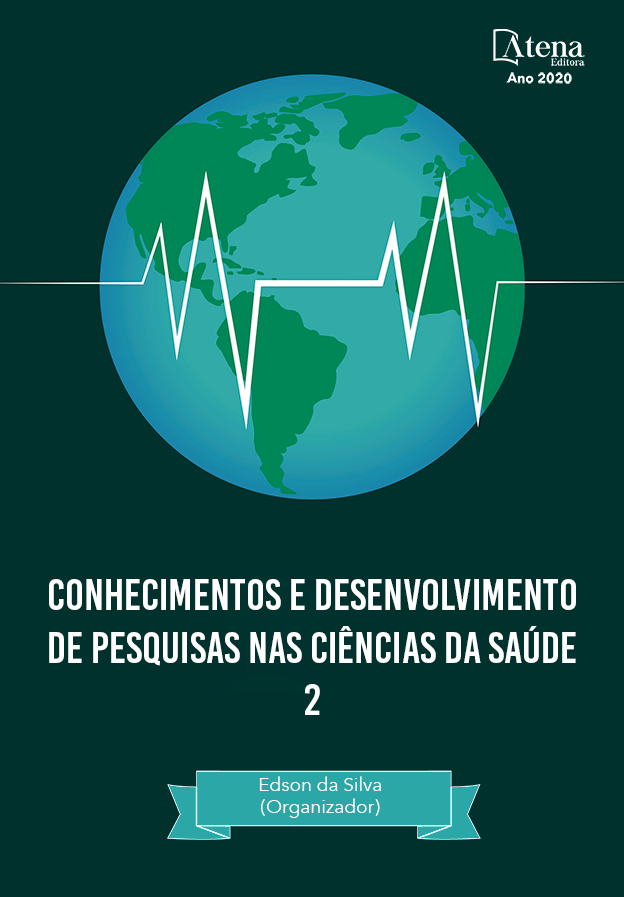
PESSOAS QUE USAM COCAÍNA E DERIVADOS: INFORMAÇÕES PARA PROMOÇÃO DA SAÚDE EM DOIS MUNICÍPIOS DO ESTADO DO PARÁ, NORTE DO BRASIL
Este estudo identificou características sociais, demográficas, econômicas, de uso de drogas e de saúde de pessoas que usam cocaína e seus derivados (PQUC) nos municípios de Capanema e de Castanhal, nordeste do Pará, Brasil. No total, 149 PQUC foram selecionadas por conveniência em centros para tratamento de dependência química e em ruas de bairros periféricos. Todas as PQUC forneceram informações sociais, demográficas, uso de drogas, estado de saúde física e mental por meio de preenchimento de formulário. Amostras biológicas foram coletadas para avaliar a presença de infecções ocasionadas pelo vírus da hepatite B (HBV), vírus da hepatite C (HCV) e vírus da imunodeficiência humana (HIV) por ensaio imunoenzimático e reação em cadeia da polimerase. A idade média das PQUC foi de 25,5 anos. A maioria pertencia ao sexo masculino, relatou ser solteiro, heterossexual, negro ou pardo (etnia misturada), tinha ensino fundamental incompleto e obtinha recurso financeiro por meio de trabalho informal. As drogas mais utilizadas foram: crack ou oxi e maconha + pasta de cocaína. A maioria das PQUC apresentou problemas de saúde física e mental nos últimos 12 meses e não realizou nenhum procedimento de intervenção. Muitos desses problemas de saúde (físico e/ou mental) foram decorrentes do uso de drogas ilícitas. Algumas PQUC foram identificadas com infecções pelo HBV (10,7%), HCV (6,7%) e HIV (8,7%). Em suma, informações relevantes de PQUC nos municípios de Capanema e Castanhal foram identificadas e podem auxiliar na promoção da saúde dessa população marginalizada
PESSOAS QUE USAM COCAÍNA E DERIVADOS: INFORMAÇÕES PARA PROMOÇÃO DA SAÚDE EM DOIS MUNICÍPIOS DO ESTADO DO PARÁ, NORTE DO BRASIL
-
DOI: 10.22533/at.ed.78520171117
-
Palavras-chave: Drogas ilícitas; Epidemiologia; População Marginalizada; Promoção da saúde; Brasil.
-
Keywords: Illicit drugs; Epidemiology; Marginalized population; Health promotion; Brazil
-
Abstract:
This study identified social, demographic, economic, drug use and health characteristics of people who use cocaine and derivatives (PWUCs) in the municipalities of Capanema and Castanhal, northeastern Pará, Brazil. In total, 149 PWUCs were selected for convenience at drug treatment centers and on streets in peripheral neighborhoods. All PWUCs provided social, demographic, drug use, physical and mental health status by filling out a form. Biological samples were collected to assess the presence of infections caused by the hepatitis B virus (HBV), hepatitis C virus (HCV) and human immunodeficiency virus (HIV) by immunoenzymatic assay and polymerase chain reaction. The mean age of the PWUCs was 25.5 years. Most were male, reported being single, heterosexual, black or brown (mixed ethnicity), had incomplete elementary education, and obtained financial resources through informal work. The most used drugs were: crack or oxy and cannabis + cocaine paste. Most PWUCs had physical and mental health problems in the past 12 months and did not undergo any intervention procedure. Many of these health problems (physical and/or mental) were due to the use of illicit drugs. Some PWUCs were identified with viral infections: HBV (10.7%), HCV (6.7%) and HIV (8.7%). In summary, relevant information from the PWUCs in the municipalities of Capanema and Castanhal has been identified and can assist in promoting the health of this marginalized population.
-
Número de páginas: 16
- Romário Reis Cavalcante
- Jailson das Mercês Damasceno
- Eliezer Dourado Marques
- Ronaldo Adriano da Costa Sousa
- Raquel Silva do Nascimento
- Aldemir Branco de Oliveira Filho


